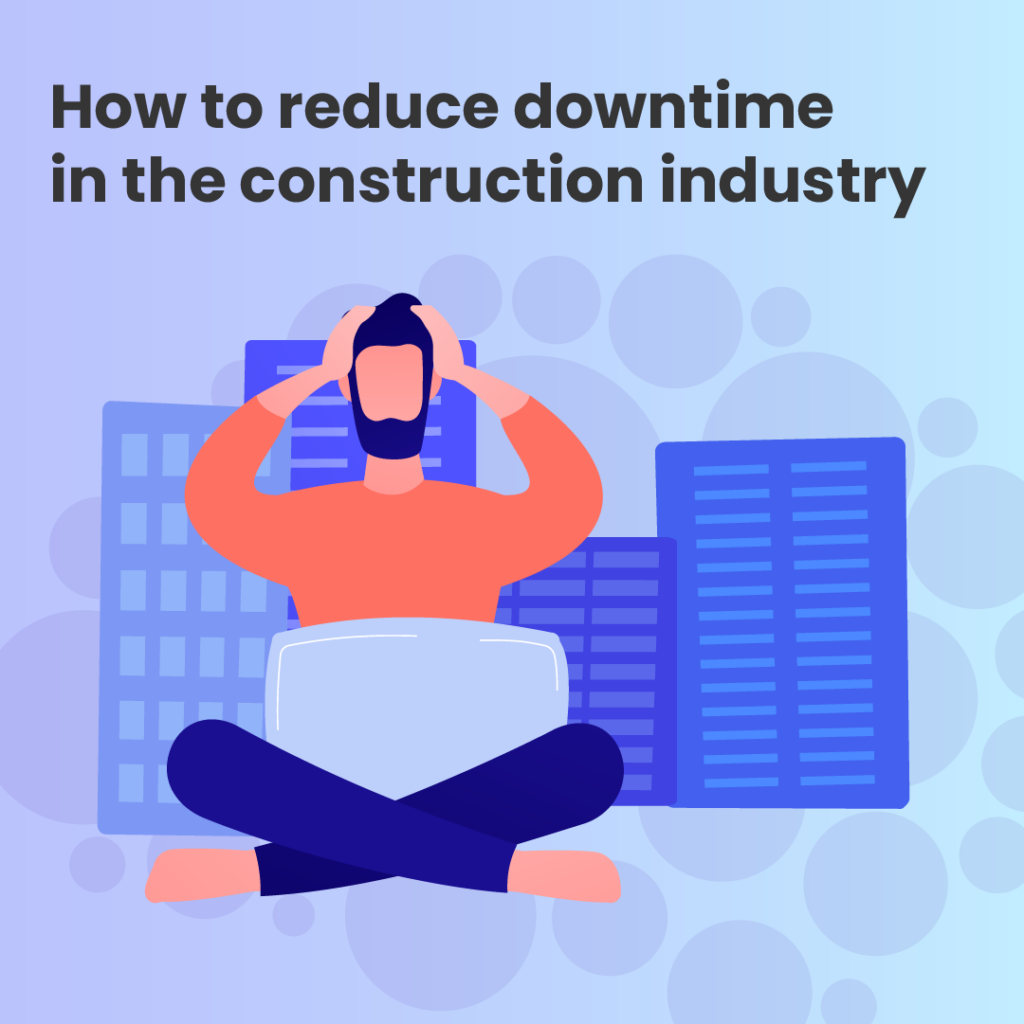
Top 5 Interview Questions to Recruit High Performers: Emotional Intelligence, Critical Thinking, Adaptability, Creativity, Communication
Recruitment really is the biggest investment you make as a business owner or HR professional. Investing in a strong team you can rely on to realise your business’s vision is absolutely crucial, and making the wrong decision wastes time, money and resources as you find yourself back in the recruitment cycle.
Steve Jobs, founding CEO of a small business called Apple (you may have heard of them) says of recruitment, “go after the cream of the cream. A small team of A-players can run circles around a giant team of B and C players.”
What that means is that a small team of high performers can compete against an army of average performers. Not only does this save money, but a small team creates a positive working environment where everyone is able put forward ideas and be listened to.
But, in order to have that powerful team, you need to know the qualities to look out for when recruiting your top talent. Read this blog post to learn what to look out for if you want to employee the high performers, and the right questions to ask in order to find them.
Signs of High-Performing Individuals
-
Emotional Intelligence
-
Critical Thinking
-
Adaptability
-
Creativity
-
Communication
The time you actually have with an individual to assess their performance ability is so short that it’s important to optimise your questioning to not only allow them to describe themself, but get an insight into their skills by witnesses them in action. This short blog post allows you to do just that, with examples for how to delve into how your candidates’ minds work with laser accuracy.

Emotional Intelligence
Emotional intelligence is a buzzword that’s been thrown a lot over recent years, but with good reason. A candidate may be the biggest brainbox you’ve ever met, but if they’re lacking that vital EQ, chances are they won’t gel with your existing team, nor perform to your business’s standards.
EQ expert John D. Mayer describes emotional intelligence as the following:
“Emotional Intelligence includes the ability to engage in sophisticated information processing about one’s own and others’ emotions and the ability to use this information as a guide to thinking and behavior. That is, individuals high in emotional intelligence pay attention to, use, understand, and manage emotions, and these skills serve adaptive functions that potentially benefit themselves and others.”
Say you’re in the boardroom and a colleague is presenting a new idea to boost sales. You have your reservations about this idea and express these to teammate. A person with low emotional intelligence might respond with visible anger or frustration- stifling any productive discussions which could have ensued from your challenge.
Obviously, this isn’t what you want. In a business environment, high EQ enables a candidate to take your challenge on board and respond to it constructively with a potential solution to your point.
Here’s a killer question to spot whether your interviewee has that all-important emotional intelligence:
Is it more important to focus on results and tasks or people and emotions? Explain your answer.
Granted, this is quite a tough one even for the most confident candidates, and will likely provoke a few “eerm”s and “aah”s. But that’s ok. Irrespective of which option they choose, what you want to hear in their answer is that the interviewee genuinely values people’s emotions and takes them into account in their collaborative work tasks.

Critical Thinking & Logic
Critical thinking is a candidate’s ability to analyse, evaluate and think independently. Problem solving is evidently a hugely important aspect of any role, and this competence depends on their critical thinking.
To test the candidate’s critical thinking skills, avoid superficial questions such as “when have you used critical thinking in your previous role?”, as the candidate can easily recite a blatantly pre-rehearsed speech about how clever they are.
The trick is to opt for an on-the-spot logical puzzle which requires them to think critically before your eyes. Encourage them to think aloud or “show their working”, too, as even if nerves inhibit them from reaching the answer, they might still exhibit some really impressive critical thinking nonetheless.
Here’s a prime example of such a logic puzzle. We won’t give you the answer, try it out for yourself!
You have a fox, a chicken, and grain on one side of the river. The fox can eat the chicken and the chicken can eat the grain. You can only transport one thing across the river at a time and you must prevent the animals/things being eaten. How do you transfer them across the river?
Did you work it out? (Answer at the bottom of this article)
Creativity
Perhaps surprisingly, creativity is often cited as the most in-demand skill in the world.
Although the word might evoke images of an artist or a writer, creativity isn’t just about artistry.
Shantanu Narayen, Adobe President and CEO explains:
“Creativity is the essence of invention and inspiration, and it is what fuels our economy. Indeed, global research we conducted in 2012 showed that 8 in 10 people feel that unlocking creativity is critical to economic growth and nearly two-thirds of respondents feel creativity is valuable to society.”
The best way to test a candidate’s creativity is to ask a pretty oddball question. The less relevant it is to the role, the better. The most creative candidates will be able to manipulate their answer to match the job description. A fantastic example of this is:
'If you were an animal, what animal would you be and why?'
In this case, the answers you’re looking for are animals which have qualities which relate the job role.
For example, if you’re looking for a team player, the best candidates might opt for an ant or a wolf, as both of which are renowned for their collaboration with others.
On the other hand, if you’re recruiting for a managerial role, the top talent might respond with a lioness or an eagle. Both of these creatures are known for their ability to lead large families and manage their needs, so if they manage to craft their answer around something like this, you’re talking to a creative thinker.
When it comes down to it, though, the most creative candidates could choose an alien and argue their reasoning effectively, it’s all about the “why”!
Adaptability
As we know all-too-well, the working world can often demand tasks which are outside of an employee’s job description or even their skillset.
This is why an interviewee’s ability to adapt is crucially important, as no candidate will have limitless skills. So, you need to find those high-flyers with a willingness to learn on the job and remould themselves to a task at hand.
A great way to get an insight into a candidate’s adaptability is to ask:
How do you adjust to changes you have no control over? (e.g. A person from your team decides to quit.)
What you want to hear is the candidate’s readiness to assume more responsibility when needed. Red flags to listen out for might be negativity, a closed mindset, or nervousness to jump at the opportunity to grow.
Communication
Effective communication in the workplace contributes to better conflict resolution, increased productivity and satisfied clients.
If your team lacks proper communication, you’ve got yourself a problem. Poor communication can cause pandemonium in the workplace as tasks may be overlooked, and nobody really knows what they’re accountable for.
To my mind, there is no better way to learn about a candidate’s communication skills than this simple question:
Tell me about yourself.
This question gives the interviewee free reign to structure a relevant and engaging response. The less guidance provided within the question the better, as fundamentally they are pitching themself to you- an invaluable transferrable skill which can be harnessed in any aspect of their role.
And it’s not only about their words. The candidate’s tone and body language are equally important when they are presenting their case to you.
Look out for an engaging, enthusiastic tone, as this non-verbal cue gives an insight into whether they are genuinely excited about the role. Moreover, body language reveals more about a person's attitude, mood and personality than their words. These are all critical insights into who a candidate really is and how they would fit into your team.
Connect with the Candidate
It’s important to connect with your interviewee and learn about their drivers for applying for the role. This could include flexible work hours or working on innovative projects. Demonstrate to them how your organisation can nurture and ignite their skills; high performers are looking to be challenged and motivated to succeed in their role.
What’s more, this is your opportunity to sell your organisation. The top talent are high in demand so you will need to compete with other potential businesses looking to recruit them.
Getting to know these key drivers are crucial to stand you in good stead for the next stage of the employment process: retention. Not only do you want your prospective employee to fit the needs of your business, but you need them to want to stay in your business, too. The way to do that is to offer them opportunities to learn, grow, and develop within their role.
To avoid losing your best candidates, and also learn more about the best ways to attract and retain the high-performing candidates, Cademi is your one-stop-shop for book a free demo here.
Answer to the fox, chicken and grain puzzle:
1. The farmer takes the chicken first, then he goes back and takes the grain.
2. He leaves the grain and then takes the chicken back with him.
3. He then leaves the chicken and takes the fox to wait with the grain.
4. He then goes back and gets the chicken…and then probably has a well-earned rest.
